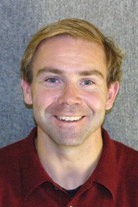- About Us
- People
- Undergrad
- Graduate
- Research
- News & Events
- Outreach
- Equity
- _how-to
- Congratulations to our Class of 2021
- Archive
- AKCSE
- Atlas Tier 1 Data Centre

Eirikur Palsson
Associate Member, Mathematical Biology
Courses
Future courses may be subject to change.

